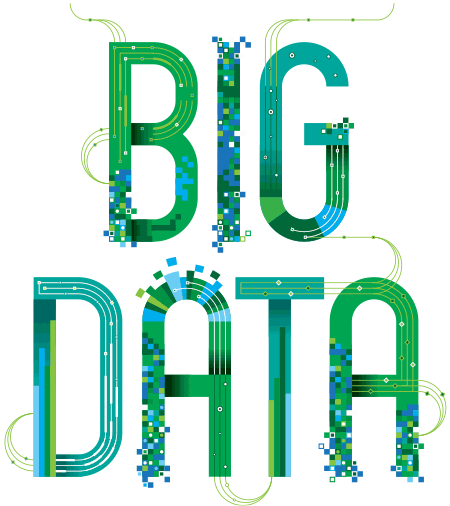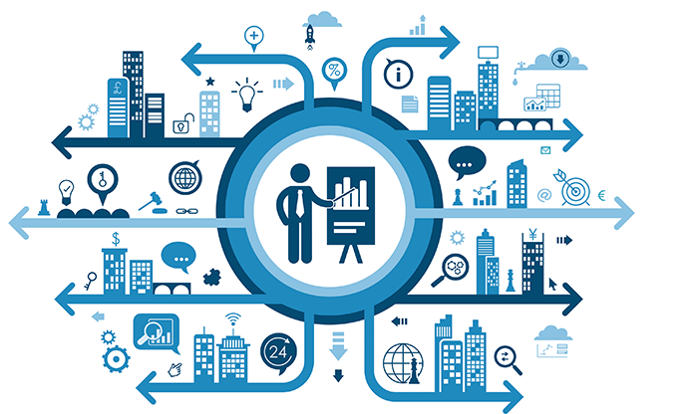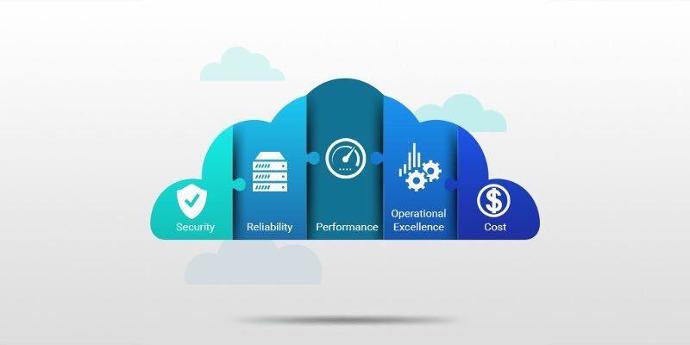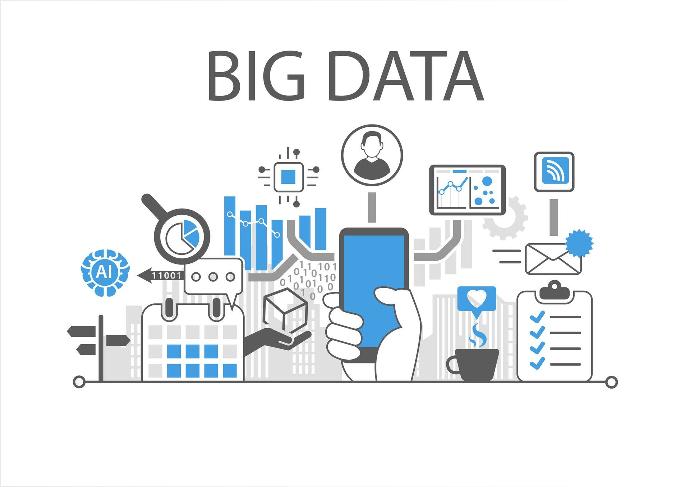
Big Data
What comes to mind when you hear the term?
Does it mean a lot of data gathered? Well, to a certain extent, it is a large volume of structured and unstructured data that keeps the business activities running on an everyday basis.
The amount of data is not important but what the business or industry does with it counts. Big data can be evaluated for insights that lead to making better decisions and organised business moves.
History and current considerations of Big Data
The concept “big data” is quite new but the method of collecting and storing large amounts of information is very old. The concept gained momentum in the year 2000, when it articulated into the mainstream definition of big data as the three Vs.

Volume:
Industries collect their data from a range of sources that include the business transactions, social media and information from sensor or machine data. Earlier, back in the day, storing day was a bit of a problem but with new technologies like Hadoop has made it easier.
Velocity:
Data comes streaming in at an unprecedented speed. It has to be dealt with in a proper way. RFID tags, sensors and smart metering are required to deal with large amounts of data in real time.
Variety:
Data comes in all kinds of formats which include structured, numeric data to unstructured text documents, email, video, audio, stock ticker data and financial transactions.
Difficulties
There are several sources from where data comes from, which in fact makes it really difficult to link, match, cleanse and change it across systems. Nevertheless, it is required to connect and correlate relationships and several data linkages or the data can get out of control.


Variability
Contrary to increasing velocities and a range of data, the information flowing can be inconsistent at periodic intervals. Is there something trending in social media? Every day, occasional or even triggered peak data loading can be a bit of a task to manage. It similar with unstructured data.
What is big data capable of?
The data being collected and stored on a global level is unimaginable.
It simply keeps growing and expanding. It simply means that there is a lot more scope to glean key insights from business data and yet a tiny percentage of data is analyzed. What does it mean for the industries? Will they make better use of raw information that flows into the company everyday?

Why is Big data considered so important?
The essence of big data doesn’t include the amount of data you have but involves what you are going to do with it.
evaluate them to find answers that help in reducing costs, time and developing new products and optimizing offerings and making small decisions. When combining big data with high powered analytics, one can achieve business related tasks like:
Deciding the causes of failure, issues and defects in near real time.
Based on the customer’s buying habits, generate coupons at the point of sale.
Calculating the risk portfolios within minutes.
Detecting fraudulent behavior before it starts having a bad effect on the organisation.
Who implements big data?
In a way, big data affects organisations on an everyday basis.
MANUFACTURING
Filled with creative insights that big data can offer, manufacturers can enhance quality and output while reducing the waste, processes that are foundation in the competitive market. Several manufactures work in an analytical based culture. It simply means they can solve issues faster and make fast business decisions.
EDUCATION
Educators who are armed with creative data driven insights can make a huge impact on the school systems, students and curriculum's. They can easily identify the at risk students, making sure the students are progressing, implementing a better system for evaluation and with the help of teachers and principals by evaluating data.
GOVERNMENT
When the government agencies can harness and apply analytics to their large big data, they have earned an important platform when it comes to balancing utilities, working agencies, dealing with traffic jams or avoiding crimes. There are several advantages to big data, the government should address issues of transparency and privacy.
BANKING
With a lot of data streaming in from various sources, banks are challenged with looking for new and creative ways to look for big data. While it is important to understand customers and to increase their satisfaction, it is essential to reduce the risks and frauds with balancing a regulatory compliance. While Big data brings big insights, it needs financial institutions to be one step ahead of the game with advanced analytics.
HEALTH CARE
Patient records, treatment plans and prescription information. When it comes to health care, things to be need to done fast, perfectly and in most cases, with transparency to fulfill the needs of stringent industry regulations. When the big data is balanced properly, healthcare providers can uncover the hidden insights that enhance patient care.
RETAIL
Maintaining a healthy customer relationship is important for the retail industry and the ideal way to balance it is to maintain big data. The retailers should know the ideal way to market their services to the customers, the ideal way of handling transactions and the ideal way to bring back lapsed businesses. Big data remain at the center of all those things.
It is essential to know that the basic value from big data is gotten from the processing and evaluation of it and the insights, products and services that arise from evaluation and not from the data in its unused form. The massive changes in the big data technologies and management style have to be achieved by drastic shifts in how data supports decisions and creativity of the products or services.
